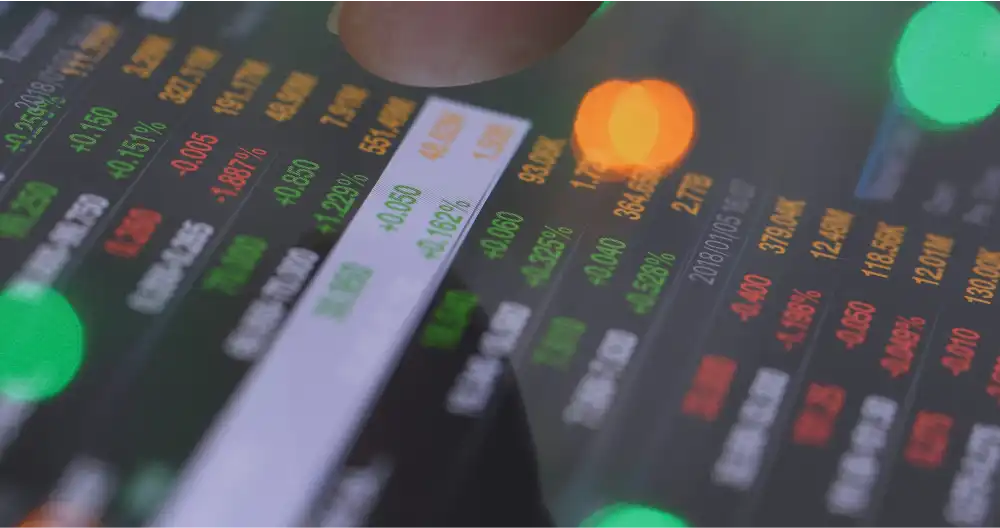
Q3 2020
The summer of 2020 defied the usual slowdown in trading activity, with significant events and varied performances across different markets.
One of the standout stories of the quarter was the remarkable surge in demand for technology stocks, particularly those listed on the Nasdaq tech index in the US. The Nasdaq 100 experienced a staggering 12.4% increase over the three months, driven by companies benefiting from the shift towards remote work during the pandemic.
The tech boom extended beyond the technology companies themselves, as online retailers and delivery firms also thrived. Consequently, businesses in the consumer discretionary sector, which encompasses areas like entertainment, leisure, and automotive industries, saw a substantial recovery from the market crash in March. However, these sectors faced challenges and were slower to bounce back compared to others.
Investor confidence in emerging markets regained momentum during the summer quarter. The potential for a significant consumer boom in these regions offers the possibility of attractive returns in the coming years, albeit with inherent risks. Emerging markets are still catching up to the recovery pace of stocks in developed markets, which rebounded more swiftly from the initial impact of the Covid-19 sell-off. The commodities sector experienced a rare positive note with a record high for gold and strength in industrial metals. Nevertheless, it remains in contention with the struggling property sector to avoid ending the year as the worst-performing asset class.
Looking ahead, the final quarter of the year is packed with potential market-moving events, most notably the US presidential election on November 3. The current front-runner, Joe Biden, is a pro-regulation Democrat who could potentially implement substantial fiscal stimulus measures. The outcome of Brexit trade negotiations will undoubtedly influence UK-focused stocks, while the development of a Covid-19 vaccine could have a massive impact on financial markets.
In terms of performance, global equities recorded positive returns during the quarter, with Asia and the US outperforming Europe and the UK. UK equities continued to lag behind other regions, primarily due to exposure to underperforming stocks in the oil and financial sectors, as well as concerns about a second wave of Covid-19 infections and the uncertainties surrounding Brexit negotiations. US equities showed strength, supported by signs of economic recovery and accommodative monetary policies. The Federal Reserve's adoption of average inflation targeting, allowing for temporary overshoots in inflation, increased market volatility towards the end of the quarter. Eurozone equities delivered negative returns due to a slowdown in economic data and rising Covid-19 cases in the region. Emerging market equities outperformed developed markets, benefiting from ongoing economic recovery and a weaker US dollar.
The energy sector experienced significant declines, still grappling with reduced demand caused by the pandemic. On the other hand, the consumer discretionary sector, driven by increased sales of computers, video games, laptops, printers, and TVs, saw substantial growth.
Global bonds experienced declines as many investors took on additional risk and favored stocks during the quarter. However, expectations of low inflation and accommodative central bank policies are likely to limit the rise in bond yields during the economic recovery from global lockdowns.
Gold posted positive returns in sterling terms, driven by concerns about the global economy, the pandemic, and social unrest. While it reached an all-time high in August, its price slightly declined but remained historically high at around $1,900 per ounce. Meanwhile, oil prices declined amid worries about the sustainability of global economic recovery.
